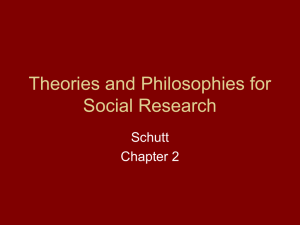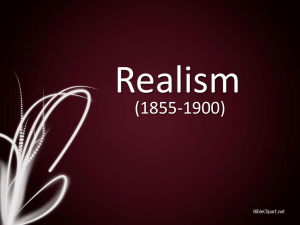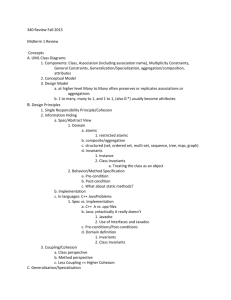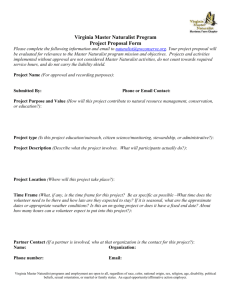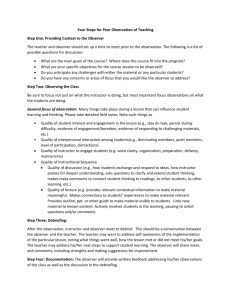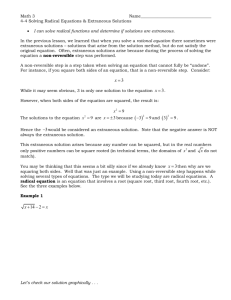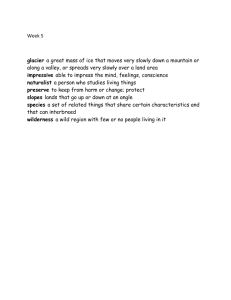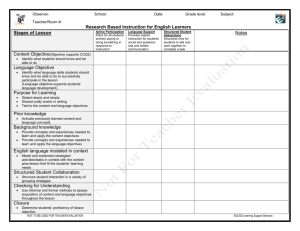Comparing positivist ( or objectivist) and naturalist (or interpretivist
advertisement
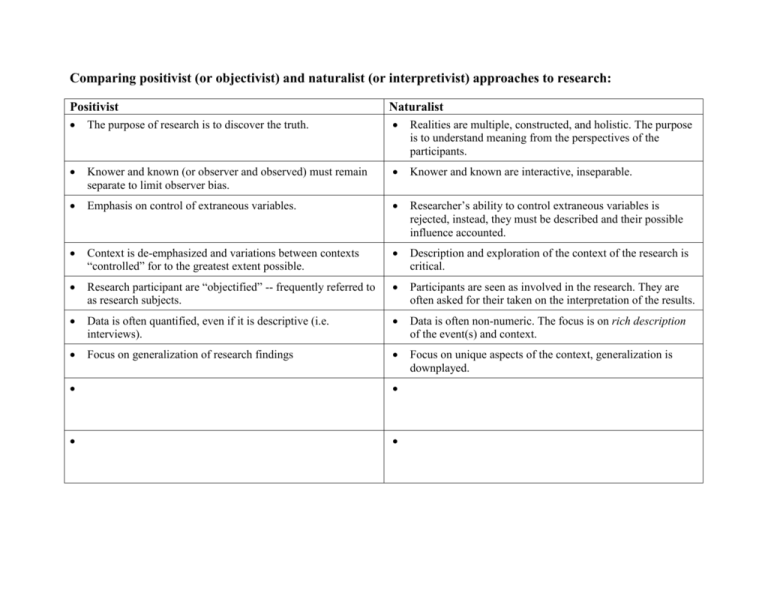
Comparing positivist (or objectivist) and naturalist (or interpretivist) approaches to research: Positivist Naturalist The purpose of research is to discover the truth. Realities are multiple, constructed, and holistic. The purpose is to understand meaning from the perspectives of the participants. Knower and known (or observer and observed) must remain separate to limit observer bias. Knower and known are interactive, inseparable. Emphasis on control of extraneous variables. Researcher’s ability to control extraneous variables is rejected, instead, they must be described and their possible influence accounted. Context is de-emphasized and variations between contexts “controlled” for to the greatest extent possible. Description and exploration of the context of the research is critical. Research participant are “objectified” -- frequently referred to as research subjects. Participants are seen as involved in the research. They are often asked for their taken on the interpretation of the results. Data is often quantified, even if it is descriptive (i.e. interviews). Data is often non-numeric. The focus is on rich description of the event(s) and context. Focus on generalization of research findings Focus on unique aspects of the context, generalization is downplayed.
